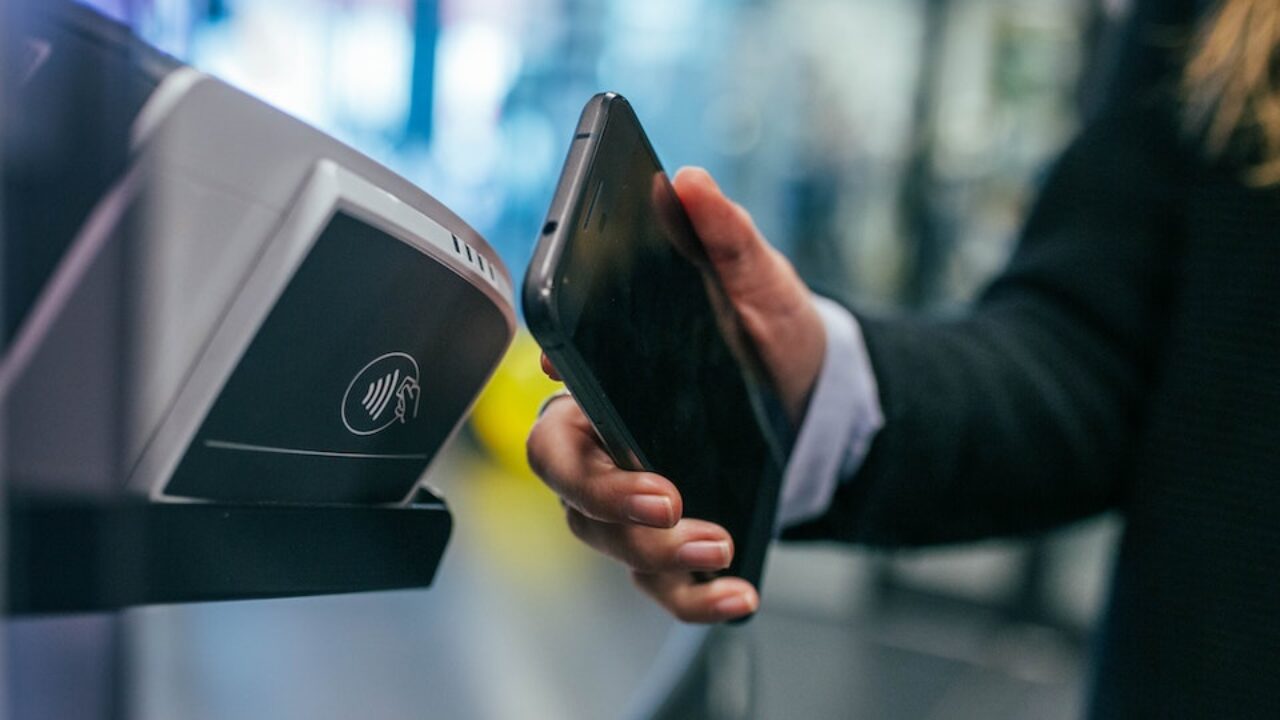Merchant Category Codes - 5 essential things to know

Credit card processing can be challenging to understand at first, but once you're familiar with the basics, you'll be on the path to success. The more knowledge you have about Merchant Category Codes (MCCs) and their role in the wider payment processing system, the more informed business choices you'll be able to make.
This article discusses MCC codes' five most important aspects and how they affect you and your business.
1. What is a Merchant Category Code (MCC)?
Credit card processors use a four-digit identifier called a Merchant Category Code to classify the type of purchase made on each card.
Codes used by retailers can mean several things. For example, credit card companies set rules for rewards programs and determine whether business transactions must be reported. The code also determines the percentage the business will pay the credit card processor for each transaction.
Most credit card issuers accept all MCCs, but some only accept a limited selection. Issuers will routinely update or remove old codes and introduce new ones.
2. Why do MCCs matter?
MCCs have grown in importance with the diversity of applications for them. Knowing how your business fits into the different categories assigned by credit card processors based on your MCC can help when comparing prices.
It's important to know that many merchant service providers use MCC to classify and label "prohibited sectors" that do not accept orders.
If your business falls into one of these high-risk categories, look at companies that specialize in providing payment processing services to similar businesses.
MCCs may also affect processing fees. Misclassified businesses can result in high processing fees. Each Visa transaction is assigned a unique Visa Merchant Category Code. Merchants should ensure that the correct code is assigned to their business.
3. Making the appropriate MCC selection
The success of the transaction may be enhanced by selecting the appropriate MCC. Your MCC may impact payment processing in a few ways because it indicates the "predominant business activity of the merchant." These methods include:
Bonuses and rewards: The MCC of the merchant where the transaction was completed is used to calculate any bonus points or awards that may have been earned using the credit card. Bonuses are automatically accrued, and most credit card companies give listings of participating stores. Again, an accurate MCC listing is crucial for retailers to ensure their customers are eligible for certain loyalty program bonuses.
Identify high-risk industries: Before agreeing to provide services to a merchant, an acquirer will utilize the MCC code to determine whether or not the merchant is engaged in a high-risk industry.
Ability to charge convenience fees: Not all businesses have the legal right to impose an additional fee for using credit cards. Some MCCs tack on a convenience fee whenever a credit card is used to make a purchase, as opposed to "preferred" payment methods such as cash.
Interchange rates: Card companies and processors like Visa and MasterCard depend on MCCs to establish the interchange rate. In the case of credit card transactions, the stated rate is the wholesale price paid by both consumers and businesses.
Ultimately, the effective rate is set by the MCC, as rates vary widely from manufacturer to manufacturer. Higher-risk companies will have higher exchange costs per transaction due to the increased frequency of chargebacks.
4. Useful: Merchant Category Code Lookup
Different credit card companies have separate lists of merchant category codes. If your company needs help finding an MCC, you should contact your credit card processor (such as Visa or Mastercard). A list of credit card merchant category codes can be found on the websites of all major credit card processors.
The list can be obtained by searching for the processor name followed by "Merchant Category Code." Alternatively, you can contact your credit card company using the number on the back of your card.
You can use the Visa Merchant Locator tool to locate your MCC. This allows you to explore MCC in any store. Enter a company name or use a location to narrow your search.
Credit card users can also check their monthly account statements to see which category a particular transaction belongs to. Each transaction should have a Merchant Description column indicating the type of merchant being used. Instead of a four-digit number, it can simply be the name of the category. The Quick Reference Booklet - Merchant Edition for Mastercard is an online accessible resource for looking up Mastercard Merchant Category Codes.
How do merchant category codes work?
Credit card issuers provide you with a merchant category code. These codes are used to determine things like a business's exchange fees, the availability of certain features, and whether or not limited cards can be used for transactions.
Your credit card issuer will use the Merchant Category Code (MCC) of the merchant you purchased from to determine if you are eligible for the bonus offer.
Let's say you are in a candy store that the IRS classifies as MCC 5441 ("Confectionery, Nuts and Confectionery").
If you use a credit card that offers Rewards points for purchases made in this category, the issuer will credit those MCCs to your account when you purchase from that MCC.
5. When should the MCC be updated?
Most companies do not normally experience serious problems with MCCs. However, there are times when it is useful to change the code in the payment service provider you use. You can discuss this issue in the following situations:
Your company has changed.
You may have diversified your product line, introduced a new service, or changed your advertising strategy. It's conceivable that the MCC code you've been using no longer matches the way you do business.
Your rejected transactions are unusual.
Whether you've seen an unusually high number of refused transactions that your customers can't account for, you may want to check the Merchant Category Code list 2022 to verify if your MCC code is correct.





